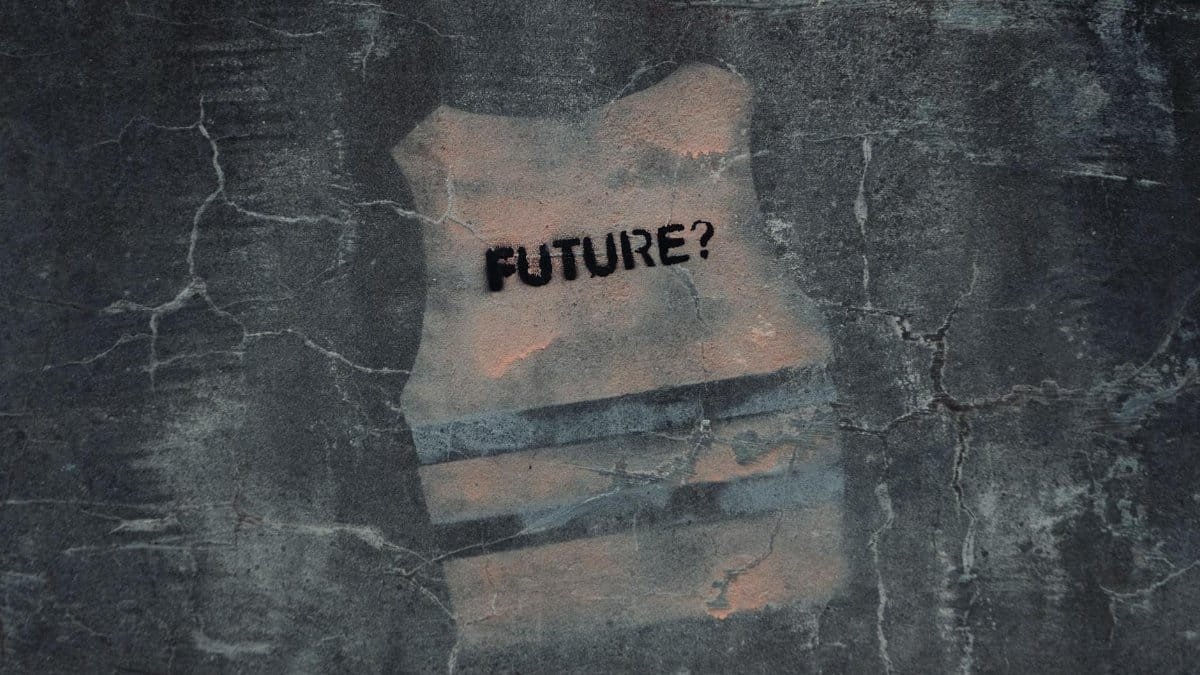Baltimore gratitude email is causing a major shift in workplace culture this year. At ShieldStack, a cyber-security startup in Baltimore, MD, a simple initiative of sending daily gratitude messages has sparked remarkable change. Since launching the program, the company has logged 1,400 gratitude-thread messages in just two months, as reported on February 26, 2025. Even more striking, HR has noted a 30% drop in interpersonal complaints. Now, with Johns Hopkins researchers stepping in to analyze the cultural impact, this experiment could redefine how companies approach morale.
Origins of the Gratitude Email Initiative

In early 2025, ShieldStack, a Baltimore-based cyber-security startup, introduced a unique practice to foster positivity among its staff. Employees began sending short, daily thank-you emails to colleagues, acknowledging efforts big and small. Dubbed the “gratitude thread,” this initiative quickly gained traction. The idea was simple: take four minutes each day to express appreciation. What started as a small experiment has now become a cornerstone of the company’s internal communication, reshaping interactions across teams.
Impressive Numbers in Just Two Months

The results speak for themselves. Within two months of launching the program, ShieldStack recorded 1,400 individual gratitude messages exchanged among employees. This volume reflects a high level of participation and engagement, suggesting that the initiative resonates deeply with the workforce. For a startup navigating the high-pressure world of cyber-security, where stress and burnout are common, these numbers indicate a potential game-changer in maintaining a supportive environment.
A Sharp Decline in Workplace Complaints

Perhaps the most tangible impact of the Baltimore gratitude email program is its effect on workplace dynamics. According to ShieldStack’s HR department, interpersonal complaints have dropped by 30% since the gratitude threads began. This significant reduction points to fewer conflicts and misunderstandings among staff. Employees appear to be focusing more on collaboration and recognition rather than grievances, a shift that could have lasting benefits for productivity and retention.
Johns Hopkins Steps In to Study Impact

The success of ShieldStack’s initiative has caught the attention of academic researchers. A team from Johns Hopkins University, based in Baltimore, has partnered with the company to study the broader cultural implications of the gratitude email program. Using sentiment AI, the researchers aim to measure how these daily messages influence workplace morale and employee well-being over the fiscal year. Their findings could provide data-driven insights into whether such practices can be scaled across industries.
Why Gratitude Matters in Corporate Settings

The concept of gratitude in the workplace isn’t new, but ShieldStack’s structured approach offers a fresh perspective. Research has long shown that positive reinforcement can improve job satisfaction and reduce stress. For instance, studies from institutions like the Harvard T.H. Chan School of Public Health highlight how gratitude can strengthen relationships and mental health. ShieldStack’s program aligns with these findings, turning abstract benefits into measurable outcomes through consistent, daily practice.
Potential for Wider Adoption in 2025

As workplace wellness remains a priority for U.S. companies in 2025, ShieldStack’s model could inspire others. With interpersonal conflicts costing businesses billions annually in lost productivity, as noted by reports from organizations like California State Polytechnic University, Pomona, low-cost initiatives like gratitude emails offer a practical solution. If Johns Hopkins’ research validates the long-term impact, more Maryland firms—and beyond—might adopt similar practices to boost morale without breaking the bank.
Challenges and Future Questions

While the early results are promising, sustaining the momentum of the Baltimore gratitude email initiative poses challenges. Will employees grow fatigued by the daily task? Could the messages become rote or insincere over time? These are questions ShieldStack and Johns Hopkins researchers will likely explore. For now, the program stands as a compelling case study in how small, intentional acts of appreciation can transform a workplace, even in a high-stakes field like cyber-security.
